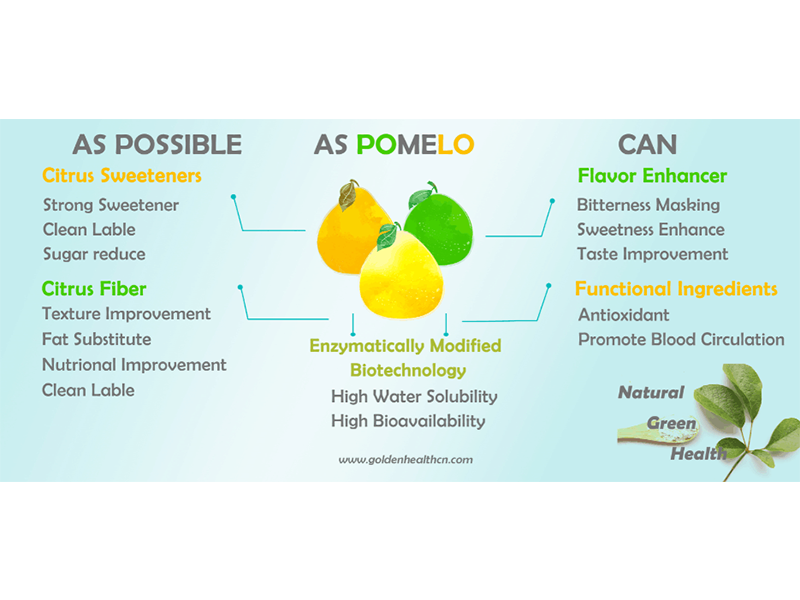食品添加剂中的甜味剂有哪些种类?
食品添加剂被誉为现代食品工业的灵魂,它的出现给食品工作带来了很多好处,如防止变质、改善脏器、保持营养、方便供应等。甜味剂作为食品添加剂的一种,用途十分广泛,无论在食品加工、养生、烘焙等领域,你都会见到它的身影。下面就来简单介绍一下甜味剂的几种类型。
关于甜味剂的分类,一般来说,会从三个角度来分类,第一种分类可以按照提取的来源来分,通常分为两大类,一类是天然甜味剂,比如葡萄糖、果糖、蔗糖、麦芽糖等;一类是合成甜味剂,比如糖精、糖精钠、甜蜜素等。
第二种分类是按照其化学结构来分类,同样分为两大类,一类是糖类甜味剂,比如麦芽糖、乳糖、淀粉糖等;另一类是非糖类甜味剂,天然甜味剂和合成甜味剂都属于这一类。这里需要说明的是,这里的糖类甜味剂一般是指葡萄糖、果糖、蔗糖等营养物质长期摄入,本质上都是食品材料。
第三类是从营养价值上区分,分为营养性甜味剂和非营养性甜味剂。
4、目前食品工业界公认的类别分为天然甜味剂和人工合成甜味剂。天然甜味剂顾名思义就是从天然来源提取的,通常是从植物中提取的,目前已知的天然甜味剂的提取物有甜菊糖苷、甘草等。人工合成的甜味剂则是通过现代生物化学技术合成的,人工合成的甜味剂常见的有糖精钠、天冬氨酰苯丙氨酸甲酯(又名斯巴甜)等。
虽然甜味剂的种类繁多,但从营养价值和应用方面来看,甜菊糖可以脱颖而出,成为“甜味剂之王”。从甜度来看,甜菊糖的甜度是蔗糖的200-300倍。值得一提的是,甜菊糖中含有的植物化学物质槲皮素、山奈酚、芹菜素和绿原酸都有助于心脏健康和体重控制。
关于甜味剂的分类,一般来说,会从三个角度来分类,第一种分类可以按照提取的来源来分,通常分为两大类,一类是天然甜味剂,比如葡萄糖、果糖、蔗糖、麦芽糖等;一类是合成甜味剂,比如糖精、糖精钠、甜蜜素等。
第二种分类是按照其化学结构来分类,同样分为两大类,一类是糖类甜味剂,比如麦芽糖、乳糖、淀粉糖等;另一类是非糖类甜味剂,天然甜味剂和合成甜味剂都属于这一类。这里需要说明的是,这里的糖类甜味剂一般是指葡萄糖、果糖、蔗糖等营养物质长期摄入,本质上都是食品材料。
第三类是从营养价值上区分,分为营养性甜味剂和非营养性甜味剂。
4、目前食品工业界公认的类别分为天然甜味剂和人工合成甜味剂。天然甜味剂顾名思义就是从天然来源提取的,通常是从植物中提取的,目前已知的天然甜味剂的提取物有甜菊糖苷、甘草等。人工合成的甜味剂则是通过现代生物化学技术合成的,人工合成的甜味剂常见的有糖精钠、天冬氨酰苯丙氨酸甲酯(又名斯巴甜)等。
虽然甜味剂的种类繁多,但从营养价值和应用方面来看,甜菊糖可以脱颖而出,成为“甜味剂之王”。从甜度来看,甜菊糖的甜度是蔗糖的200-300倍。值得一提的是,甜菊糖中含有的植物化学物质槲皮素、山奈酚、芹菜素和绿原酸都有助于心脏健康和体重控制。

